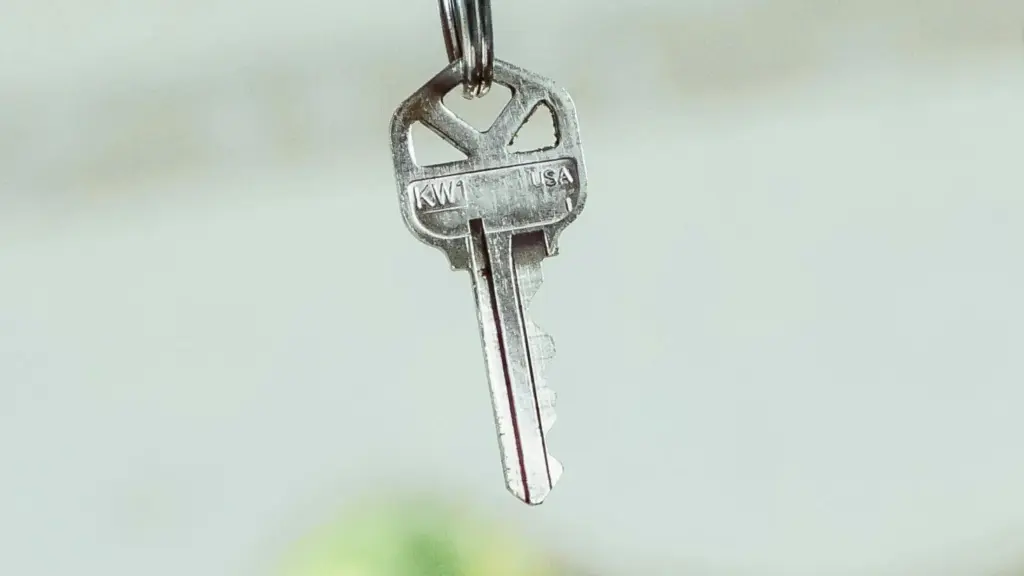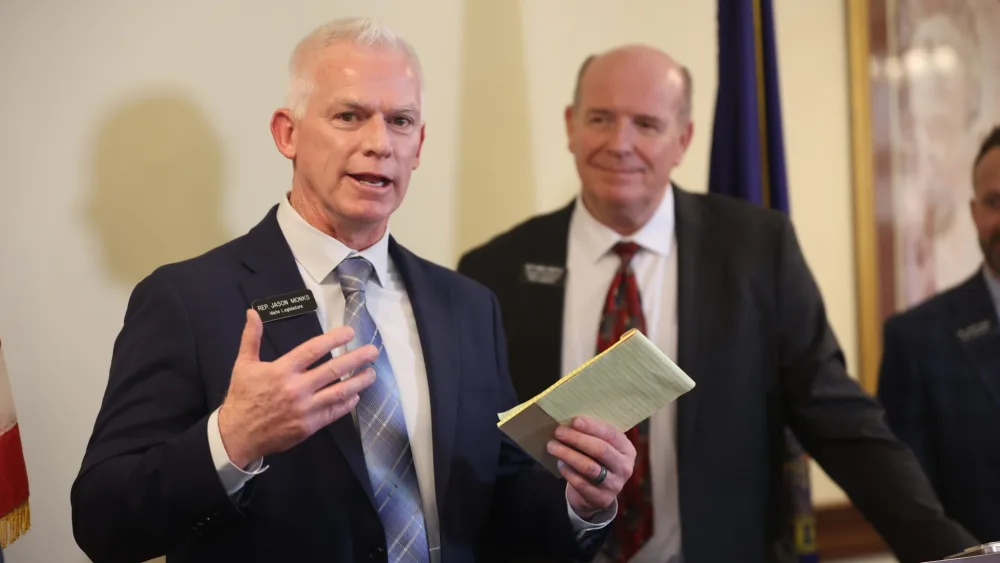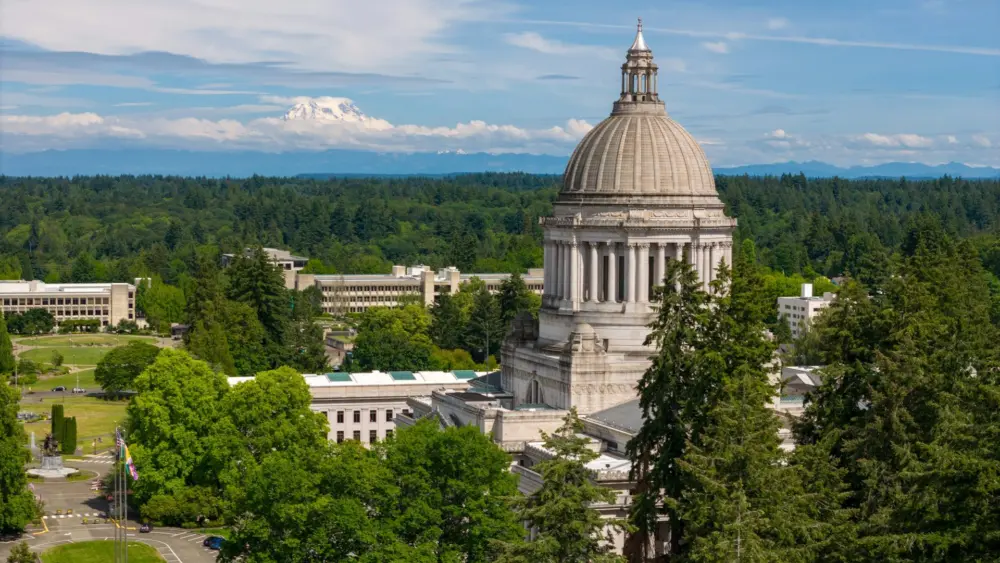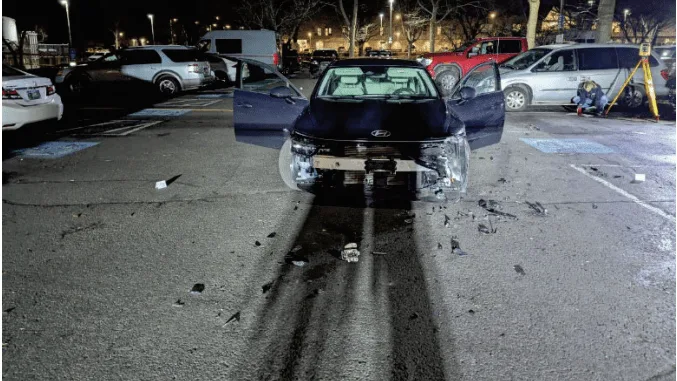SEATTLE, WA – Two women who tried to get debt relief and down payment assistance through the Urban League of Metropolitan Seattle are speaking out about what they call “unfair treatment” and “lies” from members of the organization.
When The Center Square ran an article this week featuring a whistleblower who detailed alleged self-dealing within ULMS as part of the state’s Community Reinvestment Program, as originally reported by “unDivided” podcast host Brandi Kruse, the women reached out to share their stories.
The Community Reinvestment Program was created by majority-party Democrats in 2022 and initially given $200 million in taxpayer funds to lift communities “disproportionately harmed by the war on drugs” and housing discrimination of the past. It is similar to the race-based Covenant Homeownership Program, which The Center Square has written about.
Whistleblower Corey Orvold, who obtained dozens of records documenting how the program was being administered, uncovered the fact that Angela Williams, the director of Financial Empowerment at the Urban League of Metropolitan Seattle, helped secure taxpayer-funded down payments and debt relief for her daughter.
According to emails from the Department of Commerce, which oversees the Community Reinvestment Program, ULMS was specifically prohibited from doling out any funds to family or friends.
The whistleblower reportedly spoke with state Attorney General Nick Brown about these issues in August, and an investigator from the AGO later reached out. The AGO has stated that it neither confirms nor denies potential investigatory matters.
Nicole Jenkins said that she initiated the process of seeking debt relief assistance through ULMS in January, but encountered obstacles almost immediately.
“I was trying to go through the Urban League and their loan officers and the real estate agents, and I kept getting the run around, and then they said they didn’t have any funding,” Jenkins said. “The first thing they did was give me a counselor, but the counselor wasn’t answering, and he didn’t respond to my emails or respond to anything.”
She shared that she finally reached the counselor by phone, but got hung up on.
“One time he answered, and it was like he was having a party, and I couldn’t hear him, and he kept hanging up on me,” Jenkins explained. “I reached out later and sent an email trying to complain about him, asking who I should speak to, but still got no response to anything. I tried to cc the supervisor, but no response for that either.”
In the weeks that followed, Jenkins said she continued to send emails and make calls, but to no avail.
“They ghosted me,” she said. “They originally asked me the amount that I needed paid, and they approved the amount that I needed paid, and then they ghosted me.”
She expressed disappointment in knowing that the potential corruption with how the program has been administered will reflect poorly on programs intended to help minority communities.
“How can we fight for something if you guys are literally abusing the funding?” she asked, adding she was able to receive down payment assistance through the Covenant Home Ownership program and now owns a home in Tacoma.
“I just had to move forward. What they [ULMS] did was very discouraging and definitely a setback,” Jenkins said. “But then when you find out other people got funding and they just happen to be family members, you’re like, oh, that’s a bummer.”
The Center Square spoke with another woman who applied for debt relief assistance through ULMS.
She did not want her name included in this article, fearing it could jeopardize any future opportunities for acquiring debt or down payment assistance.
“It left me broken and sad,” she said, reflecting on getting her hopes up for paying off debt, so she could purchase a home.
She shared that she attended required meetings with ULMS staff members and took counseling classes before submitting her application.
“I was working with Michael Dennis, and I did the one-on-one counseling. I submitted all the debt information, and I think my debt was less than $15,000 that I needed to get help with to qualify for buying a house. He promised me that he had everything,” she said.
Dennis’s bio states that he has been “Serving as a Financial Empowerment Coach and HUD Certified Housing Counselor at the Urban League of Metropolitan Seattle since March 2022.”
Like Jenkins, she explained that repeated emails and phone calls inquiring about her applications were ignored, even though she had been assured she had met all the requirements for receiving the debt relief.
“And then I look at the article, and I found out one of the CEOs at the Urban League had her daughter, who purchased her house in March. That set me back,” she said. “It was disappointing because my daughter was pregnant, and it was a stressful time, and it set us back big time.”
She shared hopes of reapplying at some point while working to improve her financial situation.
“It’s going to be a long time before I’d be able to purchase a home. I’m paying off my debts slowly, but surely. But I was misled, disappointed and broken by this,” she said. “I would like to reapply. I would never believe it until it’s all the way done because I had my hopes up high before all this.”
The Center Square reached out to ULMS for comment on multiple occasions, but got no response.
Orvold told The Center Square she is most heartbroken for the people who deserve the chance to take advantage of these programs, but are being unfairly denied.
“There are community members that have lost earnest money,” she said. “They’ve lost houses. And as sad as it is, they assumed that there was this miracle that was going to pay off their debt. And then, unfortunately, the Urban League … if you weren’t connected or you didn’t have that family member, or have the right person that you were working with, it was too bad.”





